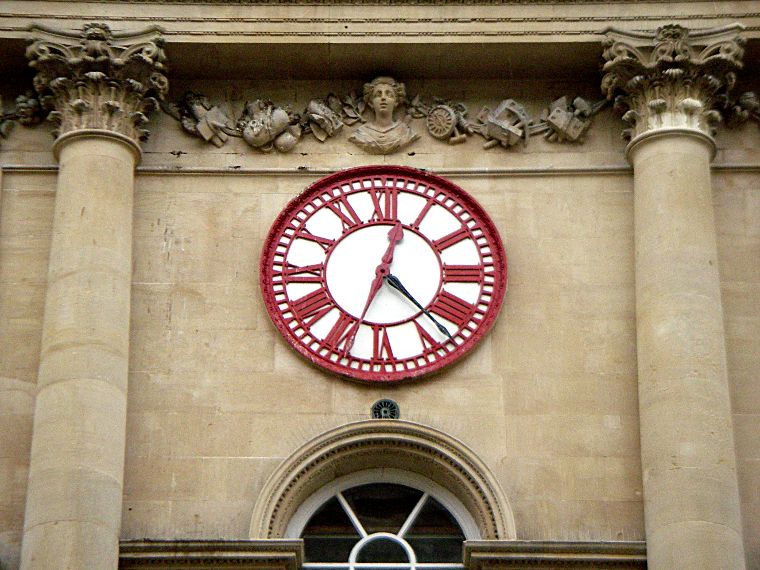Comfortably Numb
Antediluvian
- Joined
- Aug 7, 2018
- Messages
- 9,008
- Location
- Phone
If you were born at one minute before midnight, then strictly, every year on that date, you only have one minute to celebrate your birthday.@Comfortably Numb Can we say happy birthday yet or are you still in rehearsal?
Can't go past midnight, because that's a different day.
Converesely, should you have been born at one minute past midnight, then naturally, every year on same date, you have all day to celebrate.
See... the thing is here.. I was born at midnight, precisely, on 2 May, 1958, birth certificate recording, 'time of birth' as '12:00:00'.
So, I don't get any time for a birthday party at all?
Cue wisdom of the Internet, where we find a clear explanation:
"Depends on which side of the 12 the second hand is. Before the 12 midnight, the day we are still in, after 12 midnight what used to be tomorrow, until the second hand hit 12 and made it today".

Right then, so far as I'm concerned, it's still my birthday until midnight.
Arguments otherwise, not interested, don't bother...
Therefore, perfectly justifiable to have that celebratory dram of yon bottle of Islay single malt, which I simply didn't get around to yesterday.
That’s probably fate intervening, eh, seeing it's not my real Birthday until today.



